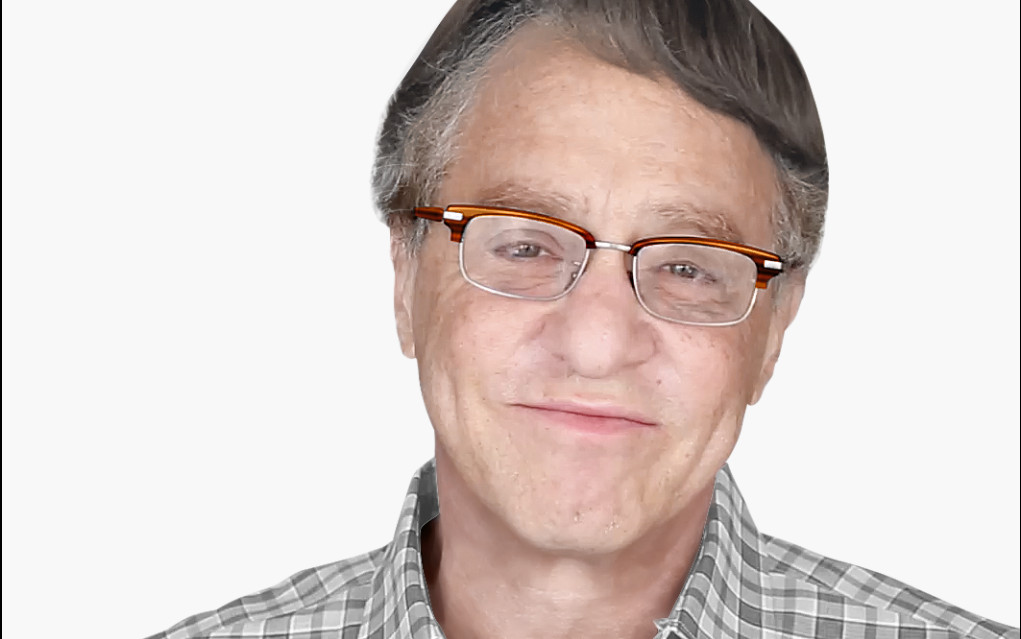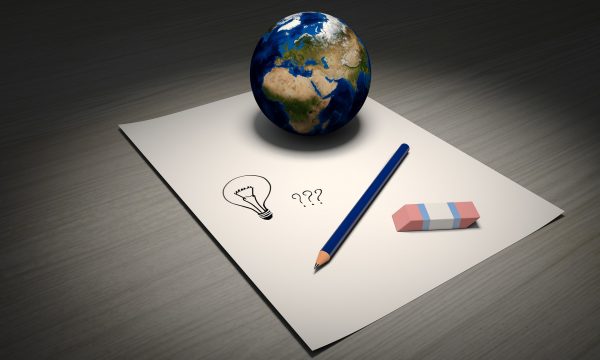
From time to time, several people who can roughly predict the future come to the fore. Ray Kurzweil in 1992 published his book The Age of Intelligent Machines, talking about it Artificial intelligence and predicting internet popularity. The projections he made over his career were 86%.
One of his predictions, in 1990, was that the computer would successfully defeat the world chess champion by 1998. This prediction came true with Deep Blue defeating IBM’s Garry Kasparov.
AI: Accurate fracture diagnosis is the same as that of orthopedic surgeons
some of his predictions
Second, predict that by 2010, computers will be able to answer questions by looking up information available on the Internet. At the same time, he said, by the early 2000s, exoskeleton limbs would allow the disabled to walk. Companies like Ekso Bionics and others are developing this very technology.
In 1999 he predicted that people would be able to control their computers by simply speaking by 2009. In 2009, this technology was in its infancy, but today it has been perfected, as evidenced by features like Apple’s Siri and Google Now.
In 2005, he predicted that in 2010 digital solutions will be able to translate speech into foreign languages in real time, displaying text in the form of translations to a user wearing special glasses. Today, apps like Google Translate do that and more. An app called Word Lens uses the device’s camera to find and translate street signs in real time.
How could he predict the future?
Ray Kurzweil uses the law of accelerating returns to make his predictions. The basic idea is that technology advances exponentially, because each new advance helps the next that comes.
In computers, for example, Moore’s Law is known to apply, according to which the number of transistors in each chip doubles every two years or so, because the size of the transistors is halved.
The reference point for predictions is artificial intelligence
According to Kurzweil, the development of artificial intelligence is inevitable and very close. The scientist estimates that computers will comfortably pass the Turing test (which measures whether a computer can think like a human) by 2029.
Once an AI passes the Turing test, it will be able to do what humans do. Then in the 2030s it will exceed what humans can do. And in the year 2045, according to Kurzweil, we will reach the “singularity”, when artificial intelligence will surpass human intelligence. At this point, superintelligent computers will be able to have ideas no human has ever thought of before, and thus be able to create technical tools that will be far more sophisticated than anything we have today.
As the futurist says, it will be the moment when “human intelligence multiplies by a million.” By 2050, brain implants will connect our minds to the web, allowing us to enter digital worlds indistinguishable from the real world. Thus, a person will be able to acquire additional functions, such as, for example, increasing his memory or intelligence.
At the same time, artificial intelligence will claim to have consciousness, which will lead to a massive transformation of society. According to Kurzweil, there is likely to be a process by which machines gain protection and rights. On the other hand, due to massive technological advances, wars, hunger, and disease will almost completely disappear, with Kurzweil predicting that this utopia will become a reality before 2050.
Let’s trust him
Many are convinced that he has this ability, while others do not. His predictions often have a different interpretation and are sometimes not very clear. What no one can argue with is that he is a genius.
Throughout his career, he has been able to receive nearly twenty honorary doctoral degrees, write literature, establish a number of companies, and further contribute to the field of artificial intelligence. In fact, Time magazine even featured him on the cover and Fortune magazine called him “a legendary inventor with a track record of brilliant ideas.”
Source in. gr

“Avid problem solver. Extreme social media junkie. Beer buff. Coffee guru. Internet geek. Travel ninja.”






More Stories
GTA 6: New statement from Take-Two on whether the release window is valid or not
The trick to getting an Android-exclusive feature on your iPhone – how to set it up
Windows XP in 2024? Better not to try it…